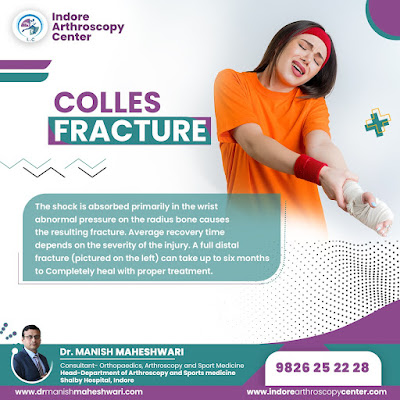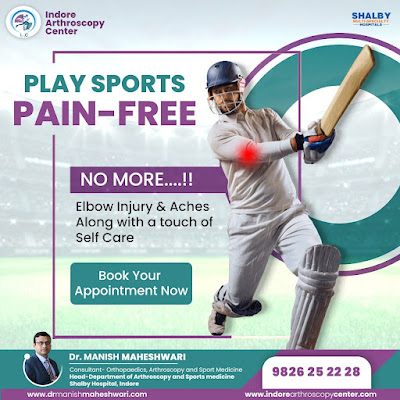ACL (accurate ligament tear)
A tear in the A.C.L. occurs when this crucial ligament in the middle of your knee is torn. Both complete and partial tears are possible (the ligament is torn into two pieces). Painful discomfort is associated with A.C.L. tears. There could be a "pop" as your knee "gives out" (collapses or buckles). Your knee will likely start swelling very immediately after being injured.
The medical community uses the term "ligament" to describe the strong bands of tissue used to join bones or support organs. Towards the front of the body is what we mean when we say "anterior." The anterior cruciate ligament (A.C.L.) and the posterior cruciate ligament (P.C.L.) in the knee make a cross shape, hence the name "cruciate ligaments."
Explain the different kinds of ACL rips.
Your doctor may give you a score between one and three when assessing the severity of your ligament injury:-
Grade 1- Even though your ligament has been stretched, it can still help keep your knee stable.
Grade 2- The stretching and loosening of your ligament are to blame. It's torn in two places. (An A-plus is exceedingly uncommon.)
Grade 3- Your ligament has been severed or split in half. This is a severe wound.
It's not uncommon for A.C.L. injuries to be followed with damage to surrounding structures, such as the joint capsule, articular cartilage, or the menisci (cartilage pads).
Symptoms
Injuries to the anterior cruciate ligament typically present themselves with the following signs and symptoms:-
- A pop or a "popping" sound coming from the knee
- Pain so severe that normal daily activities are interrupted
- Rapid enlargement
- Reduction in mobility
- When putting weight on it, you get a sense of instability or "giving way."
- Stop sprinting all of a sudden.
- When running, take it easy on the speed.
- To land uncomfortably after a jump
- Quickly reorient yourself by bending and extending the knee.
- Make contact with another person, as in a football tackle.
- R: Rest.
- I: Ice.
- C: compress,
- E: Effortlessly take a step up.


Comments
Post a Comment